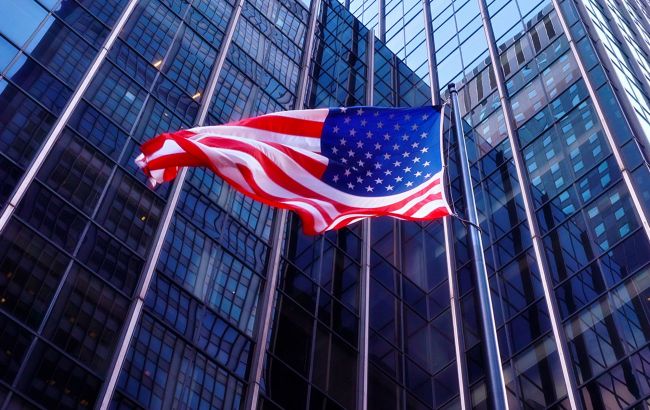CPB closure puts US public media at risk
 Illustrative photo
Illustrative photo
The Corporation for Public Broadcasting (CPB) in the United States has announced it will begin winding down its operations. The reason is a loss of funding approved by Congress, NBC News informs.
On Friday, the corporation stated that with support from the federal government, it would begin an "orderly wind-down" of its operations after nearly 60 years of service.
The organization clarified that most positions will be eliminated by the end of the fiscal year on September 30. A small group of employees will remain until January 2026. However, the total number of laid-off employees was not specified.
"Despite the extraordinary efforts of millions of Americans who called, wrote, and petitioned Congress to preserve federal funding for CPB, we now face the difficult reality of closing our operations," said Patricia Harrison, President of the Corporation for Public Broadcasting.
The statement came less than a month after the US Congress approved a cost-cutting package requested by President Donald Trump. Notably, the package included a $1.1 billion reduction in CPB funding.
The Trump administration insists that CPB should be defunded, despite objections from some Republican lawmakers whose districts include rural areas that rely on local media.
Moreover, the administration has repeatedly accused NPR and PBS of liberal bias, though both organizations have consistently denied the claims.
Currently, CPB supports more than 1,500 local public radio and television stations.
At the same time, some of PBS’s and NPR's most popular programs are expected to remain on air through alternative funding sources.
According to CPB itself, 245 of the 544 grant-recipient organizations operate in rural areas. In many cases, these stations are the only sources of news, educational programming, and children’s content in their regions. Without government support, many of them may be forced to shut down.
"Public media has been one of the most trusted institutions in American life, providing educational opportunity, emergency alerts, civil discourse, and cultural connection to every corner of the country," emphasized the CPB president.
For her part, NPR CEO Katherine Maher described CPB as "a vital source of funding for local stations, a champion of educational and cultural programming, and a bulwark for independent journalism."
"The ripple effects of this closure will be felt across every public media organization and, more importantly, in every community across the country that relies on public broadcasting," Maher added.
Trump's conflicts with the media
It is worth noting that since President Donald Trump returned to office, he has already had several conflicts with the media.
One of the most recent involved The Wall Street Journal. The outlet was denied one of the prestigious press pool spots during Trump's upcoming trip to Scotland.
The reason was the publication’s report on Trump's alleged ties to pedophile Jeffrey Epstein. Following that report, the president announced that he would sue the outlet.

